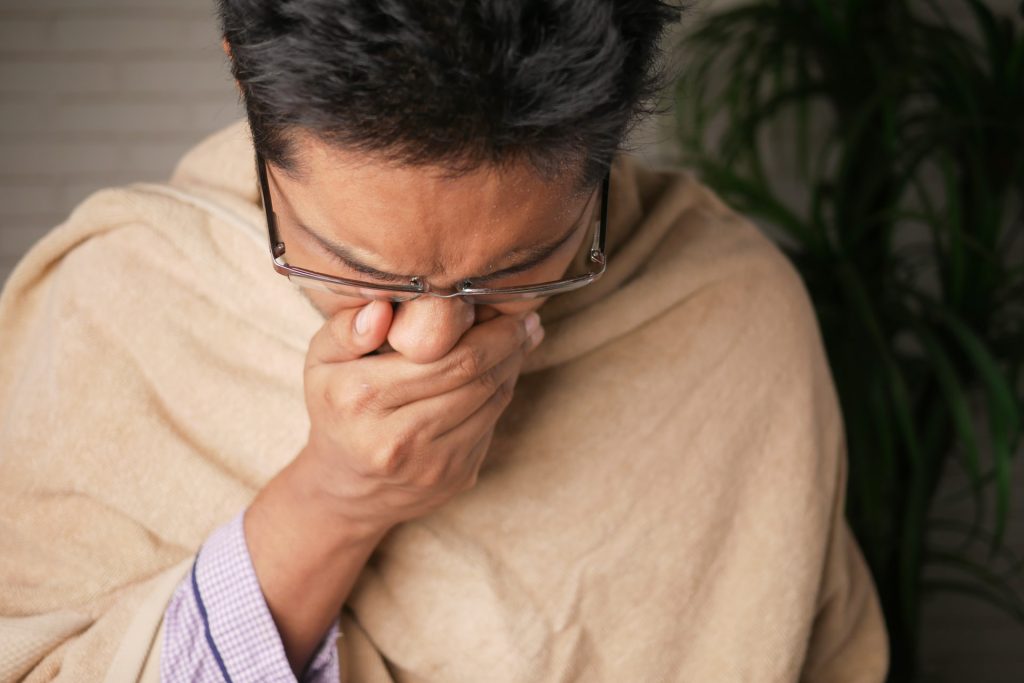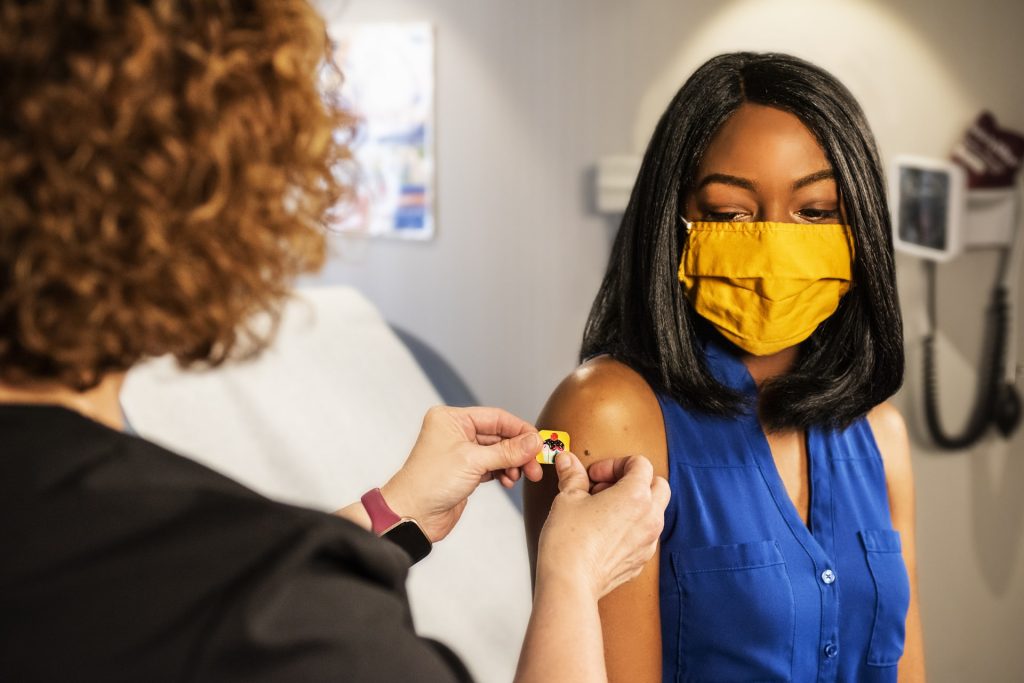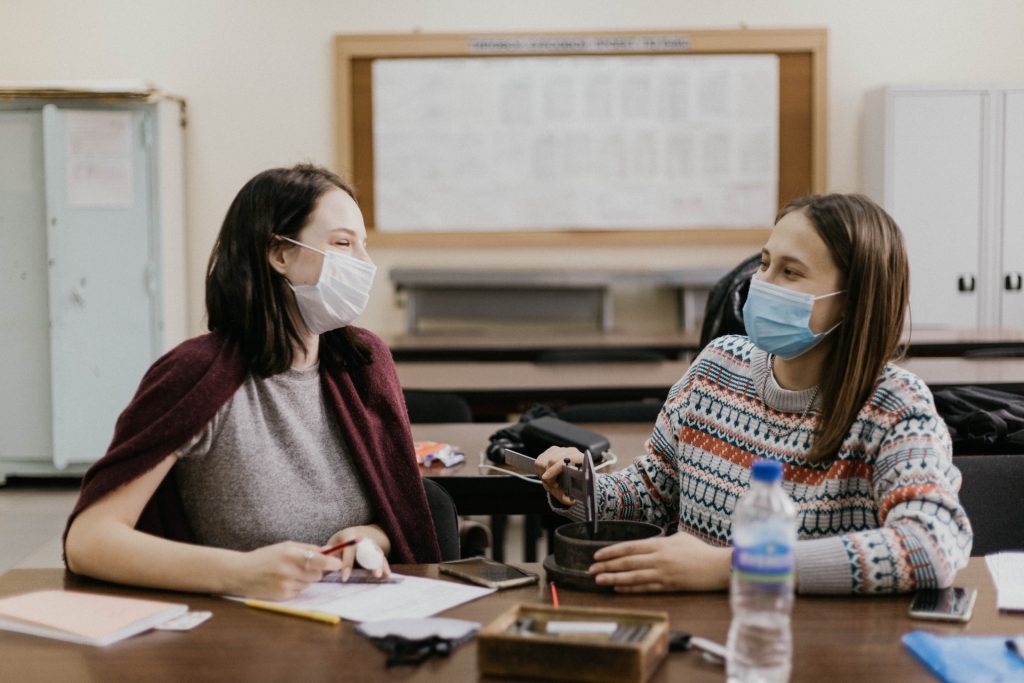The immune system is an ever-evolving army inside our bodies. It learns and develops new weapons (a.k.a. antibodies) to defend the body from foreign invaders (meaning disease-causing viruses and bacteria).
Because the human body comes with an immune system, some argue that it should be sufficient in protecting yourself from diseases. Furthermore, some believe that exposing yourself to disease-causing germs will simply allow the body to learn how to defend itself in the future.
However, an individual’s immunity depends on several factors. This includes your diet and lifestyle, how strong or weak your immune system is, and whether you have existing conditions that may compromise your immune system.
In this blog, let’s dive into what natural immunity is, and whether it’s enough to keep you and your family healthy in the long run.
What is Natural Immunity?
Natural immunity is the protection that your body develops after getting infected with a germ. Your immune system learns to create antibodies against it. But the level of natural immunity achieved after an infection varies per person and germ. For example, those who have contracted measles or chickenpox are unlikely to get it again. However, people can contract the common cold and flu several times in their lifetime.
Some may argue that natural immunity is good for life. But if that were always true, then we wouldn’t be seeing a high risk of re-infection, and we are. In the case of COVID-19, we’ve seen people who got the coronavirus in the early or middle part of the pandemic but were re-infected with the Omicron strain. New studies indicate that natural immunity to COVID-19 diminishes over time, and at a faster rate than immunity developed through vaccination. Natural immunity developed after contracting COVID-19 can wane after just a few months.

Is Natural Immunity Enough?
So, if the immune system can create new antibodies and learn to defend itself against specific germs, is that enough to stay healthy? Not necessarily.
Developing natural immunity can help temporarily protect you against diseases, but it won’t provide lifelong immunity.
One of the biggest downsides of natural immunity is that to develop antibodies against a certain germ, you must get infected first. The big risk here is that severity of symptoms, and potential long-term effects, can vary by person. It depends on how strong or weak their immune system is, and if they have existing comorbidities that certain diseases can aggravate. For example, the common cold may feel like an annoying sniffle for one person. But it may mean fever and several missed workdays for another.
On the other hand, there is much scientific evidence to support that vaccination still offers longer and stronger protection, regardless of whether you have previously been infected with a germ or not. Vaccines don’t guarantee that you will never experience infection. But they do give you a better chance of feeling milder symptoms and recovering faster.
For instance, those who are fully vaccinated against COVID-19 may still get infected or reinfected with the virus. However, they often experience less severe symptoms than those who are unvaccinated. This means they are less likely to die or be hospitalized.

Types of Immunity
Natural immunity is just one of the types of immunity that a person can gain or develop. The other forms of immunity are:
Active immunity:
This type of immunity occurs after exposure to a germ. The infection triggers the immune system to learn and produce antibodies to fight that specific germ. There are two types of active immunity:
(1) Natural immunity – immunity developed by being exposed to a germ in its full form and getting sick from that infection.
(2) Vaccine-induced immunity – immunity from being exposed to a weakened or neutralized version of the germ so that the body learns to produce antibodies ahead of time, and safely.
Passive immunity:
This type of immunity is gained when antibodies against a certain disease are given or passed on to a person, rather than naturally developing it in their own immune system. For example, a newborn infant acquires antibodies from its mother through the placenta.
How Can You Protect Yourself from Getting Sick?
While the body can learn to produce antibodies that fight germs, it’s still possible to get sick when you’re exposed to a disease-causing organism. So, it’s crucial to practice good health and hygiene practices to reduce exposure to germs and prevent infections.
Here are four simple ways you can protect yourself from getting sick:
1. Stay Up to Date on Your Vaccines
As the popular saying goes, “Prevention is better than cure.” Vaccine-induced immunity lasts longer than natural immunity. It’s also a safer method of developing antibodies against serious diseases, rather than contracting the disease and leaving the severity of your symptoms up to chance.
2. Wear a Mask Properly
Airborne germs cause many severe illnesses. Avoid inhaling disease-causing organisms into your system. Use a face mask out in public and wear it correctly over your nose and mouth. The same principle applies if you’re the one who’s sick. Wear a face mask to prevent contaminated water droplets from scattering into the air when you cough, sneeze, or talk, to reduce your chances of infecting others.

3. Frequently Wash Your Hands
Handwashing is one of the easiest yet most important healthy habits. And science proves that it helps to minimize the spread of germs! Aside from the times when your hands are visibly dirty, ensure to wash your hands in these situations:
-before and after using the bathroom
-before and after handling food
-after handling pets
-after disposing of garbage
-when you’re in close contact with a sick person
4. Disinfect Commonly Used Surfaces
You might be surprised to learn what the dirtiest things in the home are. Make sure to clean and disinfect high-contact surfaces regularly to prevent the growth of disease-causing germs, particularly if someone in your household is currently ill or has recently recovered from an illness.













